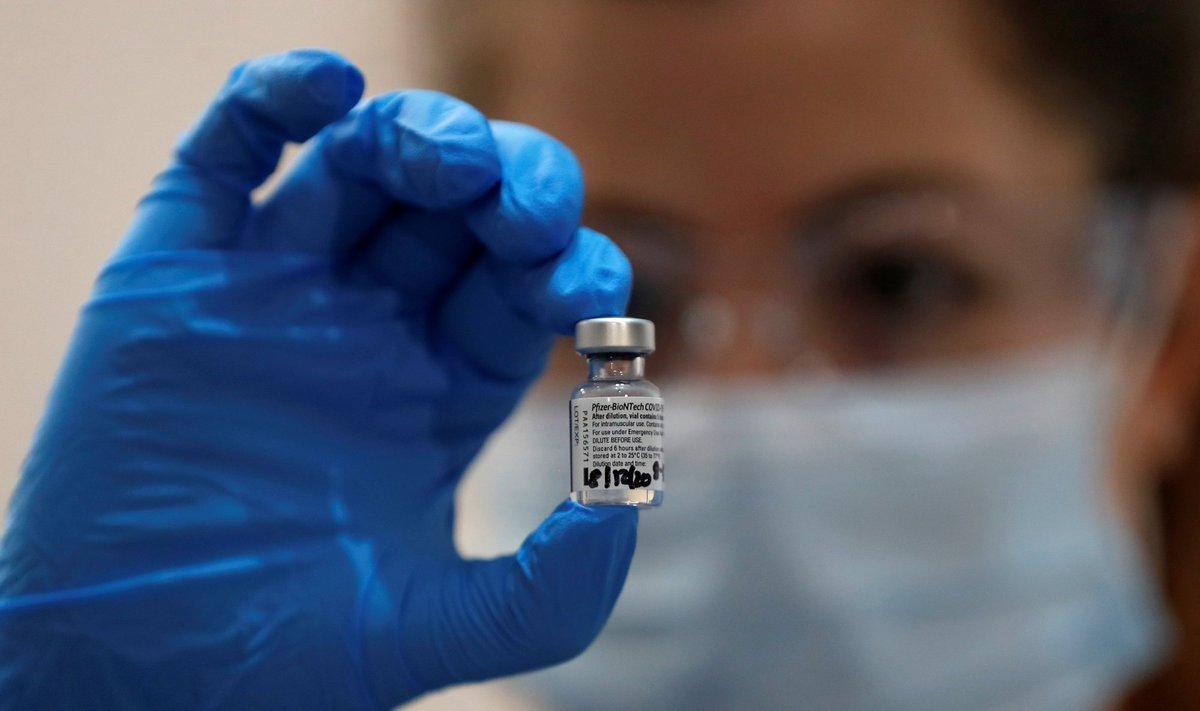"It will definitely not be the case that we will all get vaccinated within the first several weeks. In the best-case scenario, we will have that 60-70 percentage of vaccinated people, which allows speaking about collective immunity, around summer, i.e., June or July," Nauseda said after the European Council meeting.
It means that European countries should keep various restrictions until then, Nauseda said.
"In the first months, we will have to have some or all restrictions and measures we have introduced to stop the spread of the virus. Therefore, we need to have a common strategy in all areas, including communication, logistics and the elimination of restrictions, and to speak in one voice and think in a similar way. Although, of course, we understand that the situation in separate countries is different, but the algorithms are the same," he said.
According to the Lithuanian president, European leaders also agreed that the vaccine distribution's "logistics chain should ensure that nobody get the last to the table".
Lithuania's delegated European Commissioner Virginijus Sinkevicius said earlier this week the first coronavirus vaccines could be delivered to member states over the course of the upcoming three to four weeks.
Acting Health Minister Aurelijus Veryga said that medics and people in risk groups would be vaccinated from the coronavirus first in Lithuania. If a sufficient amount of vaccines is delivered to Lithuania, mass vaccination of the population could start in February or March.
